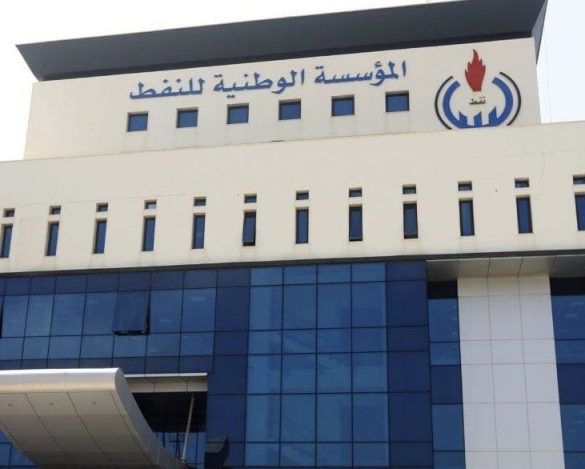KEY POINTS
- NOC Chairman Masoud Suleiman met with Schlumberger (SLB) to strengthen Libya’s oil well and technical services.
- Talks included plans for sustainable development, local workforce training, and software support for universities.
- The partnership is seen as part of Libya’s push to modernize its oil sector and stabilize production after years of volatility.
Libya’s National Oil Corporation, NOC, is moving to deepen its collaboration with energy giant Schlumberger as the country looks to stabilize production and expand technical capacity after years of turbulence in its oil sector.
Masoud Suleiman, the chairman of NOC’s board, held talks on Tuesday with representatives of Schlumberger, now rebranded globally as SLB, at the company’s headquarters in Tripoli.
The discussions centered on the level of services the multinational provides in Libya, with Suleiman underscoring the urgent need to strengthen well services and other technical support that underpin the country’s upstream operations.
Focus on Sustainability and Skills Training
Beyond the immediate demands of the oil fields, both sides explored how the partnership could extend into sustainable development programs.
Suleiman pressed for SLB’s participation in training programs designed to equip Libyan engineers and technicians with critical skills, while also highlighting the importance of making advanced technology more accessible.
As part of the talks, SLB signaled its willingness to provide software licenses to Libyan universities, a move aimed at giving local students hands-on experience with industry-standard tools.
Suleiman described the initiative as a step toward building a more self-reliant domestic workforce that can eventually reduce Libya’s reliance on foreign contractors.
The meeting is the latest in a string of efforts by the NOC to modernize the sector and lock in foreign partnerships at a time when Libya’s oil remains the backbone of government revenues.
Industry insiders say nurturing local capacity while ensuring reliable field services will be key to Libya maintaining its fragile production gains in the years ahead.



